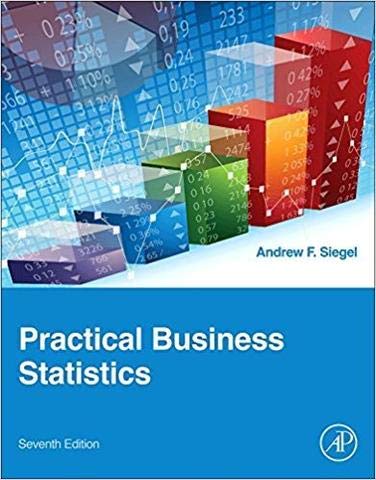The Selected Letters of Ralph Ellison
₱2,464.00
Product Description
A radiant collection of letters from the renowned author of Invisible Man that trace the life and mind of a giant of American literature, with insights into the riddle of identity, the writer’s craft, and the story of a changing nation over six decades
A NEW YORK TIMES NOTABLE BOOK
These extensive and revealing letters span the life of Ralph Ellison and provide a remarkable window into the great writer’s life and work, his friendships, rivalries, anxieties, and all the questions about identity, art, and the American soul that bedeviled and inspired him until his death. They include early notes to his mother, written as an impoverished college student; lively exchanges with the most distinguished American writers and thinkers of his time, from Romare Bearden to Saul Bellow; and letters to friends and family from his hometown of Oklahoma City, whose influence would always be paramount.
These letters are beautifully rendered first-person accounts of Ellison’s life and work and his observations of a changing world, showing his metamorphosis from a wide-eyed student into a towering public intellectual who confronted and articulated America’s complexities.
About the Author
Ralph Ellison is the author of the novel
Invisible Man one of the most important and influential American novels of the twentieth century, as well as numerous essays and short stories. He was born on March 1, 1913, in Oklahoma City, Oklahoma. He died in New York City in 1994.
John F. Callahan is the Odell Professor of Humanities at Lewis & Clark College. He has been the editor or writer of numerous volumes related to African American and twentieth-century literature. As Ralph Ellison’s literary executor, Callahan worked as the primary editor for the posthumously released Ralph Ellison novel
Juneteenth.
Marc C. Conner is the Jo M. and James M. Ballengee Professor of English and provost at Washington and Lee University.
Excerpt. © Reprinted by permission. All rights reserved.
Letters from the Thirties
Ralph Ellison’s letters from the 1930s tell an affecting story of his journey from boy to man. He writes from Tuskegee, Alabama; from New York City; and, in between, from Dayton, Ohio, where, after his mother’s unexpected death, he enters the months of his young man’s moratorium, writing Richard Wright that boyhood is over.
“Geography is fate,” Ellison often said in later life, sometimes swiveling a formidable cigar between his thumb and fingers. Certainly the thirties letters show these three places shaping the emotional and psychological geography he was fated to bring to his life. Tuskegee, home to the flourishing, first-among-equals national black college in the black belt of the fiercely Jim Crow Deep South; Dayton, epitome of small-town middle America, surrounded by woods teeming with game and wild pears; New York, the country’s greatest city, with the “black metropolis” of Harlem within its borders—in different ways each place sharpened the edges of a personality that Ellison associated with the territory in which he was born and bred: the southwestern part of Oklahoma, in particular Oklahoma City.
The young Ralph Ellison who arrived at Tuskegee was a homeboy just leaving home. Still a kid, he was savvy and street-smart about some things, naive about others, especially the false masks and true faces of power. Of the more than fifty letters he wrote from Tuskegee, all but six were to his mother, Ida Bell. (Four were to his younger brother, Herbert, whom Ralph affectionately calls “Huck,” and instructs to “watch your tenses and endings, don’t write fool when you mean fooling or fooled”; one was to his stepfather, John Bell, referred to as “Mister John” or “Mr. Bell,” whom he praises as a generous, much “above the average stepfather”; and a long letter was to Vivian Steveson, his old flame from Oklahoma City.)
“Dear Mama,” he writes his first day at Tuskegee, a salutation that for the next three years











